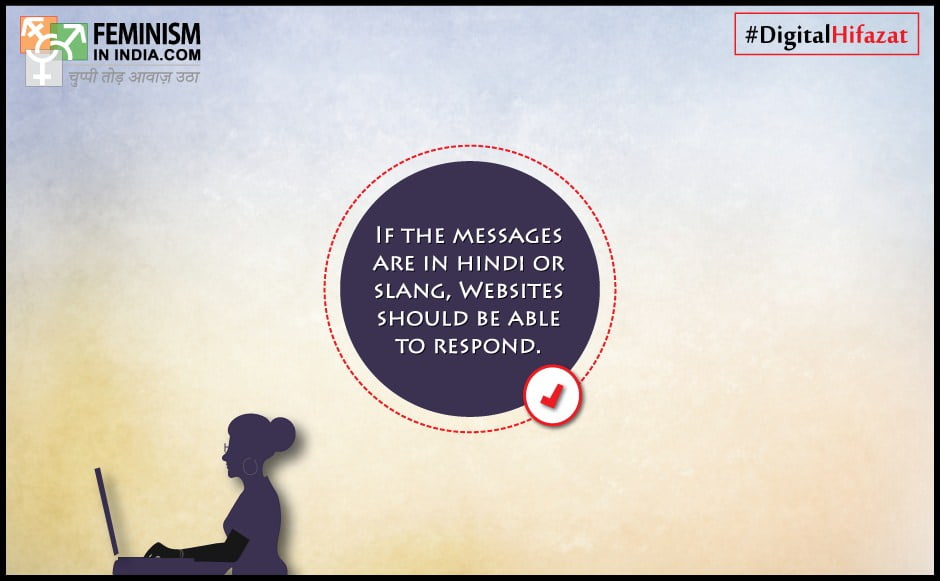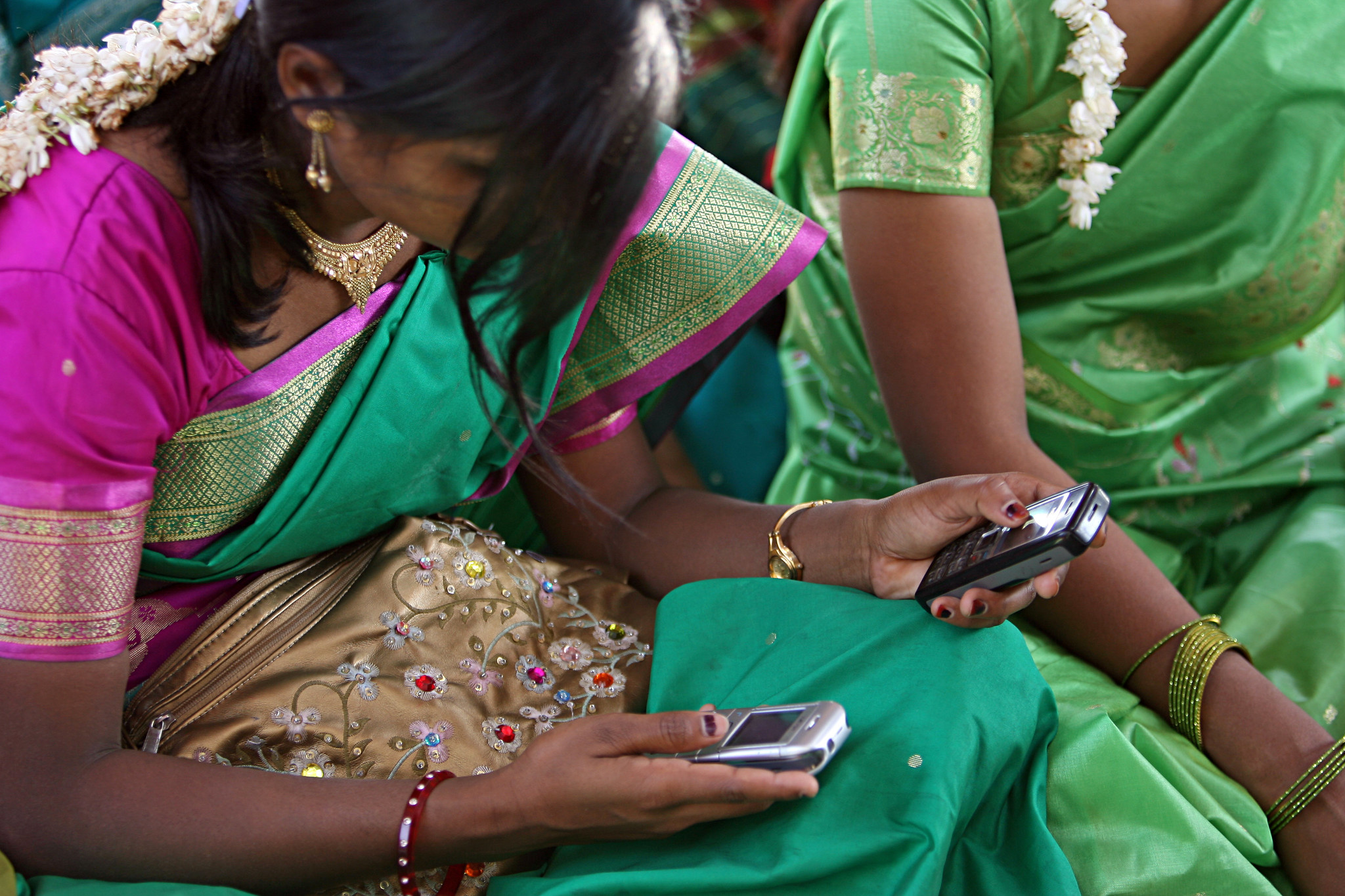As part of my research on cyber violence against women, where I surveyed 500 women on online violence they have faced especially on social media platforms, I also suggest the following recommendations for social media platforms, law enforcement agencies and the government to ensure speedy mechanisms and a safer web for women and marginalized communities.
For social media platforms
- Create ways for women and representatives of minority groups to escalate reports of harassment, particularly incidents involving multiple accounts or lasting several days, indications that the activity is organized.
- Employ local staff, particularly grievance officers, to ensure that workers can adequately evaluate complaints about posts made in local languages based on local cultural context.
- Facebook should revisit its real-name policy and make it more flexible, especially for marginalized genders and sexualities, journalists, and whistle-blowers under threat. Right to privacy and anonymity are fundamental rights and Facebook must uphold them. Harassment continues despite the requirement, yet victims fear it can be used against them.
For the government
- Encourage women to report when criminals violate their rights online.
- Ensure the Cyber Crime Prevention against Women and Children is accessible via mobile internet as an app that functions even where bandwidth is low. Ensure that users’ privacy is protected and that it is they are not subject to monitoring.
- Implement the law against individuals responsible for inciting and carrying out online violence against women and marginalized communities, regardless of their political or religious agenda.
- Bharatiya Janata Party leaders should strongly condemn online harassment conducted in the name of Hindu nationalism. Party members and supporters responsible for harassment should be held accountable.
For law enforcement
- Foster an environment in which individuals feel confident enough to report online abuse to authorities, even if this challenges cultural norms and takes time.
- Stop dismissing reports of sexualized or gender-based abuse because they take place on the internet.
- Educate officers that the response to online harassment is not to stop the victim using the internet.
- Inform officers about the laws that apply to online harassment, and how to direct complainants to appropriate legal recourse.
Having given the above mentioned recommendations, I also realise that authorities will only help to a certain extent and cyber laws on paper do not necessarily mean implementation. Hence, it is absolutely necessary for women to form a community, have a sense of solidarity with other women and marginalized communities and most importantly to reclaim online spaces.
About the author(s)
Japleen smashes the patriarchy for a living! She is the founder-CEO of Feminism in India, an award-winning digital, bilingual, intersectional feminist media platform. She is also an Acumen Fellow, a TEDx speaker and a UN World Summit Young Innovator. Japleen likes to garden, travel, swim and cycle.




